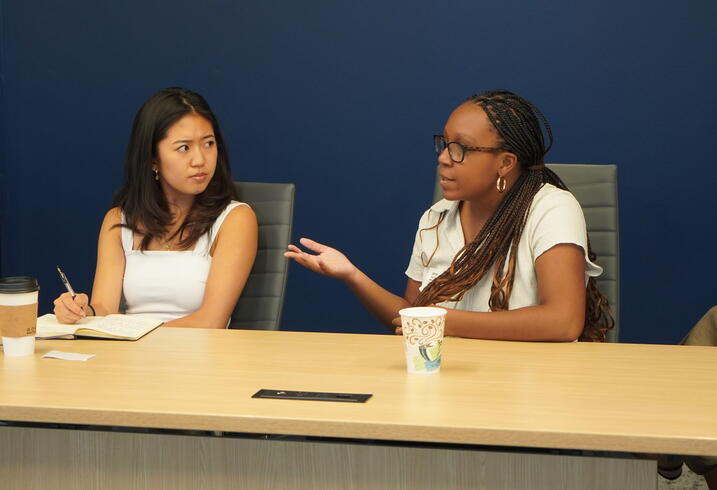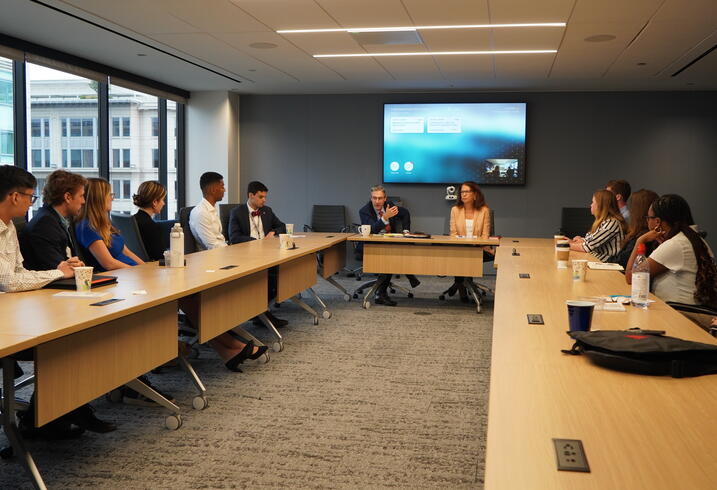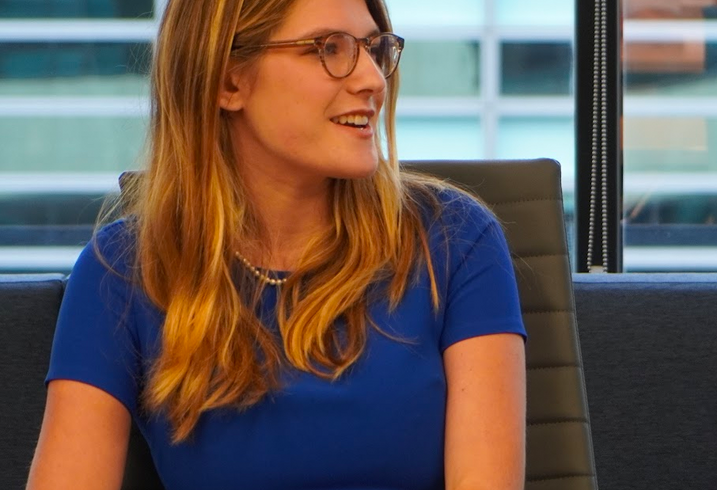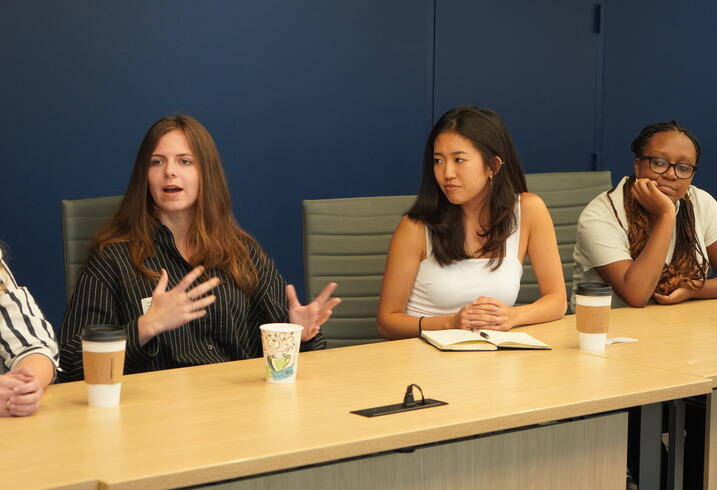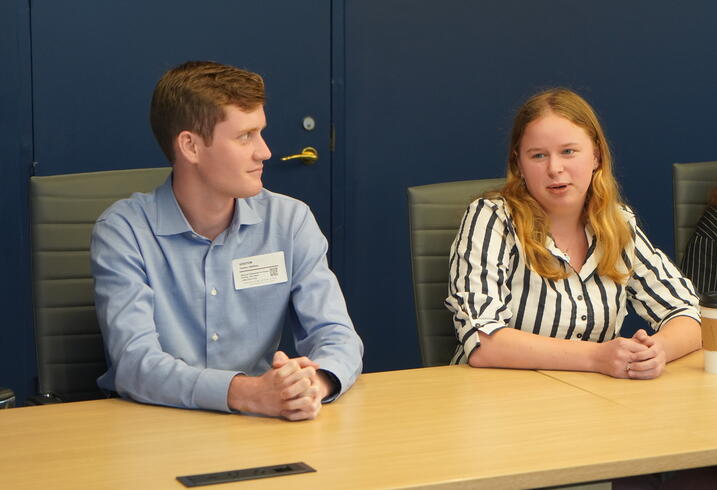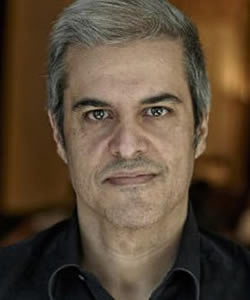To mark the 20th anniversary of the establishment of CDDRL, Hicham Alaoui joins ARD to discuss his recently released book, Pacted Democracy in the Middle East: Tunisia and Egypt in Comparative Perspective (Palgrave Macmillan, 2022). Click here to order a copy of the book.
Pacted Democracy in the Middle East provides a new theory for how democracy can materialize in the Middle East, and the broader Muslim world. It shows that one pathway to democratization lays not in resolving important, but often irreconcilable, debates about the role of religion in politics. Rather, it requires that Islamists and their secular opponents focus on the concerns of pragmatic survival—that is, compromise through pacting, rather than battling through difficult philosophical issues about faith. This is the only book-length treatment of this topic, and one that aims to redefine the boundaries of an urgent problem that continues to haunt struggles for democracy in the aftermath of the Arab Spring.
ABOUT THE SPEAKER
Hicham Alaoui is the founder and director of the Hicham Alaoui Foundation, which undertakes innovative social scientific research in the Middle East and North Africa. He is a scholar on the comparative politics of democratization and religion, with a focus on the MENA region.
In the past, he served as a visiting scholar and Consulting Professor at the Center for Democracy, Development and Rule of Law at Stanford University. He more recently served as postdoctoral fellow and research associate at Harvard University. He was also Regents Lecturer at several campuses of the University of California system. Outside of academia, he has worked with the United Nations in various capacities, such as the peacekeeping mission in Kosovo. He has also worked with the Carter Center in its overseas missions on conflict resolution and democracy advancement. He has served on the MENA Advisory Committee for Human Rights Watch and the Advisory Board of the Carnegie Middle East Center. He served on the board of the Freeman Spogli Institute at Stanford University and has recently joined the Advisory Board of the Weatherhead Center for International Affairs at Harvard.
He holds an A.B. from Princeton University, M.A. from Stanford University, and D.Phil. from the University of Oxford. His latest book is Pacted Democracy in the Middle East: Tunisia and Egypt in Comparative Perspective (Palgrave, 2022). His memoirs, Journal d'un Prince Banni, were published in 2014 by Éditions Grasset, and have since been translated into several languages. He is also co-author with Robert Springborg of The Political Economy of Arab Education (Lynne Rienner, 2021), and co-author with the same colleague on the forthcoming volume Security Assistance in the Middle East: Challenges and the Need for Change (Lynne Rienner, 2023). His academic research has been widely published in various French and English journals, magazines, and newspapers of record.
This event is co-sponsored by ARD, the Abbasi Program in Islamic Studies, and the Center for African Studies at Stanford University.











